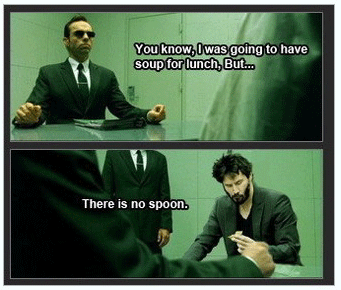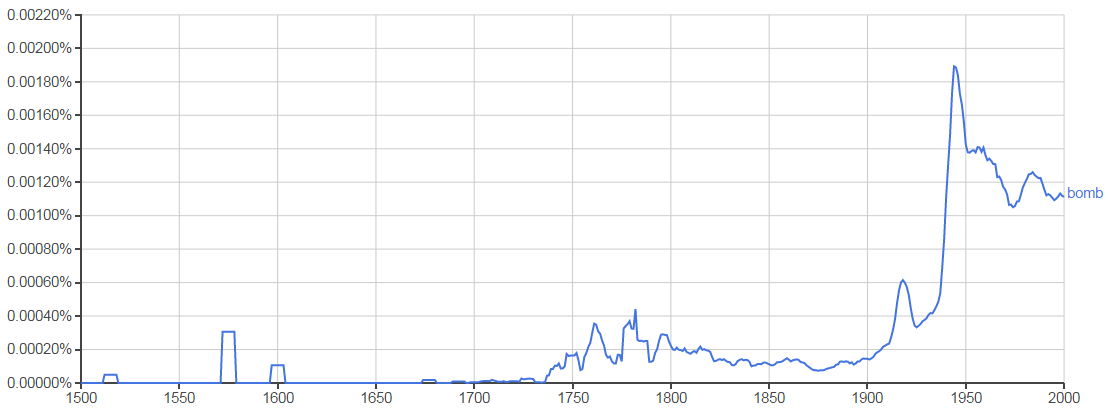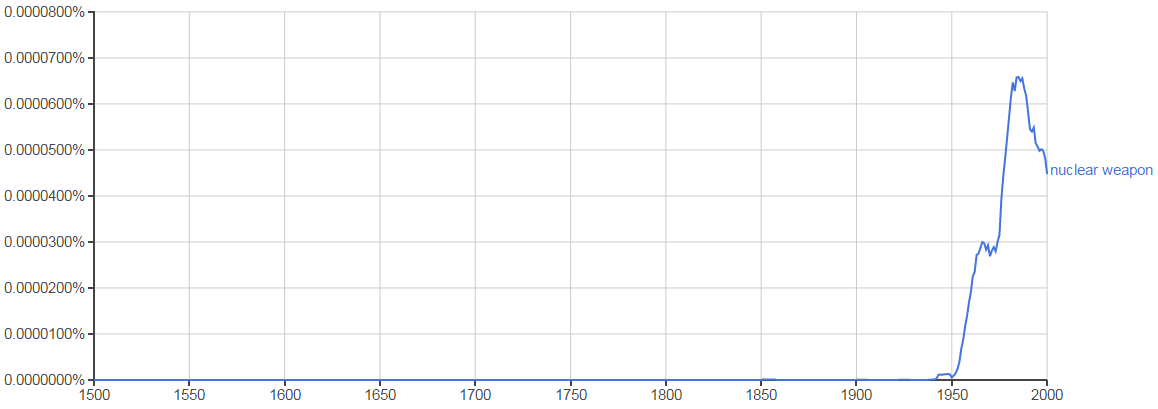At the Writing Centre, we’re always looking out for new teaching strategies and tools. So when one of my colleagues mentioned Google Ngram Viewer (I was shamelessly trolling for blog posts ideas, to be honest), I was intrigued. What is it? What does it do? And more importantly, how does Google keep creating these things?
I can only really answer the first two questions (I'm no rocket surgeon). Ngram is a search engine that draws data from Google Books, which contains a digital archive of books that ranges from 1500 to the present. This means you can plug in words (or phrases, using comma-delimited search strings) and chart the popular usage of these words over the course of history. Pretty cool eh?
Basically, by searching specific terms, it’s possible to identify historical trends. What’s so cool about this search engine is how it’s a very clear reminder of how language isn’t just a communication tool; rather, language itself is the fundamental means by which we constitute our very existence. By tracking the ebb and flow of specific usage, we can understand how we’ve used language as a conduit between external events and our internalised understanding of the world around us. TL:DR? Your life experience is a linguistic construction. Kind of like being in The Matrix.

Source: End Of The World Blog
Let’s use an example to demonstrate how Ngram can provide a broader cultural context of global events, and in extension, reflect how language composes the realities of human existence. This one is pretty straightforward: “bomb”.

Source: Google Ngram Viewer
So, what do we see? There’s obviously a huge spike in instances of the word “bomb” during both World Wars. Also, notice the turbulence during the late-18th century; perhaps we can attribute this activity to both the American and French Revolutions. Tough break King Louis.
It’s also worth noting that there’s been a marked drop in “bomb” instances in the past 50 years. By no means is it as rare as the pre-20th century rates, but a significant drop nonetheless. And what gives? War is certainly still taking place, and has been for some time, while the word “terrorism” is intimately linked to “bomb threat/squad”. So what’s the deal?

Source: Google Ngram Viewer
Oh. To quote that trader in The Big Short: “Whoa, I just got really scared for some reason”.
It appears that the way we speak about warfare (and how we speak generally) has shifted immensely to reflect technological advancement and the overall reconfiguration of geopolitics. The rhetoric of the Cold War has actively shaped our experience of the world; consider the emergence of the home bomb shelter industry, or the enactment of nuclear attack drills in schools. The language used to understand a very complicated series of events and negotiations became tied up in the phrase “nuclear threat”, and manifested in legitimate, observable action.
I concede that the sheer linguistic usage of “nuclear weapon” still pales in comparison to the use of “bomb” in the modern era. However, consider that “bomb” has a 500-year head start, while the rise of “nuclear weapon” in our language is still very much an infant in the grand scheme of things.
It’s important to note that this program is not foolproof. One critique is how Ngram functions as a library, so instances are referenced by single books. This means individual writers can dominate the linguistic instances depending on how much they’ve published. Another problem is that the database is made up of overwhelmingly scientific literature, so it doesn’t quite represent the entire written landscape. Source.
How does the Ngram Viewer act as a teaching tool? I’m not quite sure; it doesn’t exactly have a direct translation to writing your case study or annotated bibliography. Maybe the lesson here is that for any writing task, we must draw from a range of tools and synthesize disparate information if we intend to create new knowledge. The Ngram Viewer can be a part of that toolbox, as it provides a thought-provoking representation of the history of language. More specifically, it can contextualize when certain words rise and fall in language, thus presenting clues to determine why these changes have happened over time. Considering how language plays such an essential role in human existence (i.e. The Matrix theory), it’s worthwhile to explore this relationship between language and self-identity.